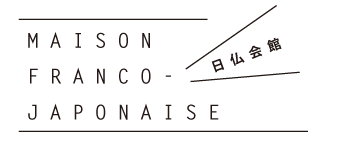
AbstractIn Japan, nearly one third of women have experienced violence in a domestic setting. Yet the problem is far from being widely known. This talk will first present the Japanese situation before exploring how the Battered Women's Movement has struggled to represent various forms of wife abuse as violence at multiple levels of discourse (everyday conversation, media talks, "scientific" explanations, legal texts, etc.). As a concerned academic and activist, the speaker has met a number of victims and survivors of wife abuse. He has served as an expert witness on behalf of abused wives and their children in court. Through these experiences he has become keenly aware of the difficulty of representing violence as violence, and considers that in order to advance the cause of women, wife abuse has to be re-represented as violence, in contrast to conventional and more recent representations of domestic violence as something else.
ProfileIchirō Numazaki is a cultural anthropologist and professor at Tōhoku University. He specializes in East Asian cultures, human rights and men's issues. He has been actively involved in the Japanese Battered Women's Movement for fifteen years. In 2001 he received basic training in batterer intervention at Emerge: Counseling and Education to Stop Domestic Violence, Cambridge, Massachusetts. He has published widely on the issue of male violence and his short booklet on domestic violence, Why Men Choose Violence, is used at many shelters for battered women across Japan.

Moderator: Jean-Michel BUTEL (UMIFRE 19-MFJ)
Organization: Bureau français de la MFJ
Co-organization: CCIFJ
|













